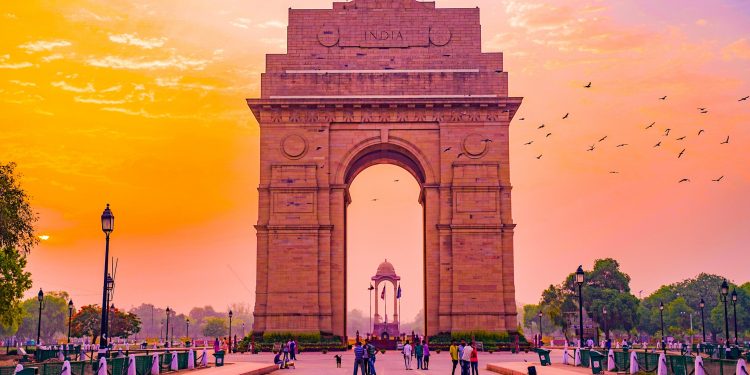India and Australia have missed the Christmas deadline for an interim free trade agreement but have resolved to step up work to finalise the limited trade pact early in the New Year.
Back in September, India’s Commerce and Industry Minister Piyush Goyal and his Australian counterpart Dan Tehan had raised the prospects of an “early harvest” announcement by December, effectively an interim agreement that would pave the way for a “balanced” and comprehensive agreement in the future, to be followed by a full-fledged Comprehensive Economic Cooperation Agreement (CECA).
In early December, speaking at an Australia India Institute event, CEO Lisa Singh had reiterated the possibility of an ‘early harvest’ agreement between the two counties, by Christmas or early new year.
In an early harvest trade deal, both parties agree on a set of relatively easy-to-achieve deliverables by targeting specific goals such as tariff reduction and market access for select items while leaving out more contentious items for later.
Follow NRI Affairs on Facebook and Twitter for latest updates.
Despite the enthusiasm from both sides, the two countries missed the self-imposed Christmas deadline. While the two government have expressed their desire for working out the details early in the new year, existing issues are reported to have impeded the talks.
The major sticking points in the deal have been India’s reluctance to give market access for Australian dairy products and meat, apart from Australia’s own discomfort with opening up services exports to Indian firms, which entails the movement of people to Australia for employment. Apparently, New Delhi is not ready to give any major concession on agriculture and dairy products in the early harvest package as this would be one of its major negotiating chips for the full CECA.
India is currently negotiating multiple trade deals. The most prominent among them, besides Australia, are with the European Union, United Kingdom and the United Arab Emirates.











